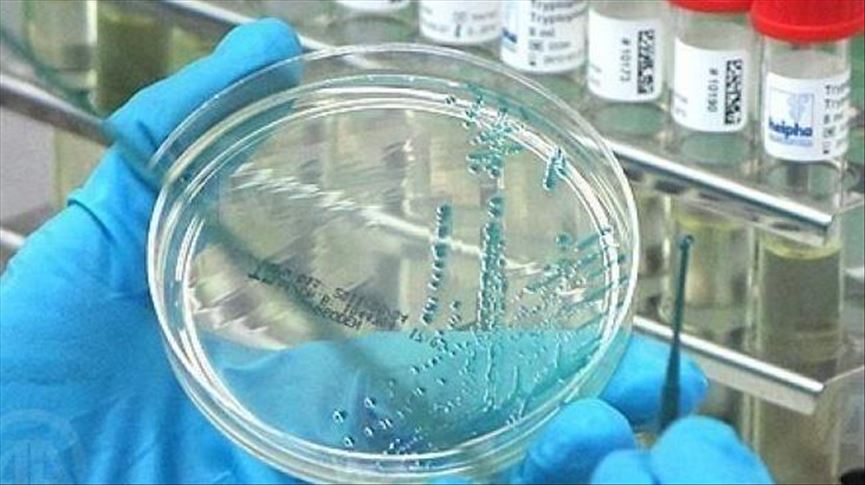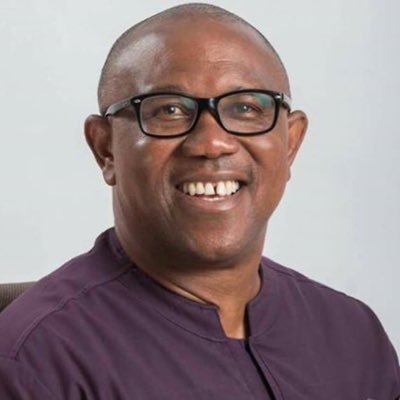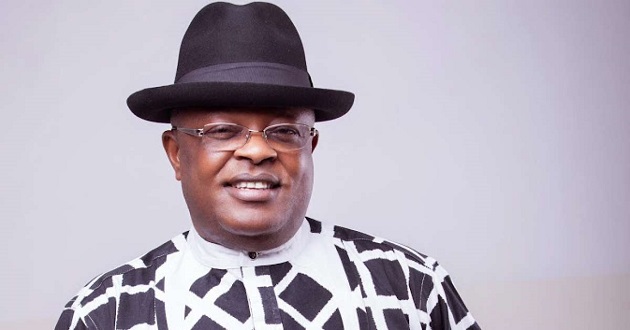WHO chief urges access to equitable distribution of any vaccine developed to counter novel coronavirus.
The World Health Organization (WHO) officials on Monday welcomed efforts to develop a vaccine to counter COVID-19 in different parts of the world while urging equitable distribution once they are approved.
WHO Director General Tedros Adhanom Ghebreyesus said the organization was working to accelerate the development of a vaccine to beat the novel coronavirus.
“And, second is access and equitable distribution,” he stressed at a video news conference in which more than 300 journalists from around the world participated.
“We’re already discussing with many partners, relevant partners, and look forward to announcing the initiative as soon as possible in the next few days.”
The WHO was asked about vaccines being developed in countries in different parts of the world, including the U.S., the U.K., Italy and Switzerland.
Swiss scientists said Monday they hoped to have a vaccine in use in Switzerland by October.
Dr. Martin Bachmann, an immunologist at the University of Bern and Oxford University, said he is working with the Swiss company Saiba to develop a vaccine within months.
The UN and U.S. experts have said that it generally takes 18 months to develop, try and test a new vaccine, but some scientists are aiming to shorten that time frame significantly due to the deadly pandemic that has so far claimed nearly 170,000 lives worldwide.
“We welcome all work on the development of the vaccine and as rapidly and safely as possible,” said Dr. Maria Van Kerkhove, a U.S. epidemiologist on the WHO’s emergency health program.
She said that there are more than 10,000 full “genome sequences” that have been made publicly available from all over the world.
“And there are a large number of scientists and biologists who are looking in detail at each full genome sequence that is available,” said Kerkhove.
Dr. Mike Ryan, executive director of the WHO’s Health Emergencies Program, stressed: “What’s also important is scaling up and ramping up production of those vaccines so that they can be allocated fairly across the world and do the best possible good.
“If this is to work, it will require one of the greatest scientific, political, financial, and greatest public health operations that we’ve seen in a generation. And it must be done with proper leadership and stewardship.”






